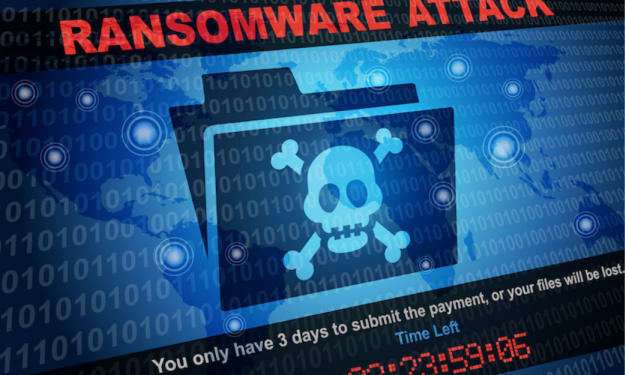Cybersecurity in Healthcare: Preserving Patient Confidentiality in the Digital Era
A Guide to Mitigate the Risks Associated with Cyber Threats

In the digital era, healthcare organizations face the critical challenge of protecting patient confidentiality while leveraging technology for improved care delivery. This article explores the importance of cybersecurity in healthcare and its role in preserving patient privacy. From the rising threat landscape to the implications of data breaches, we delve into the strategies and technologies that healthcare providers can adopt to safeguard sensitive patient information and maintain the trust of their patients.
The Increasing Importance of Cybersecurity in Healthcare
This section highlights the growing significance of cybersecurity in healthcare as medical systems become more interconnected and reliant on digital technologies. It discusses the value of patient data, the potential consequences of breaches, and the legal and ethical responsibilities that healthcare organizations have in protecting patient confidentiality. It also addresses the evolving threat landscape and the various types of cyberattacks targeting the healthcare sector, underscoring the need for robust cybersecurity measures.
Safeguarding Patient Data
Protecting patient data is of utmost importance as it remains a prime target for cybercriminals. This segment delves into the optimal strategies and technologies that healthcare institutions can adopt to safeguard patient information. It highlights the significance of encryption, access controls, and secure storage systems. Moreover, it emphasizes the necessity of frequent data backups and the formulation of disaster recovery plans to minimize the ramifications of potential breaches. By implementing these measures, healthcare providers can ensure the confidentiality, integrity, and accessibility of patient data, thus prioritizing patient privacy and maintaining trust in the healthcare system
Training and Educating Healthcare Professionals
Healthcare professionals play a vital role in maintaining cybersecurity in healthcare. This section highlights the significance of training and educating staff on cybersecurity best practices. It discusses the importance of strong passwords, secure authentication methods, and awareness of social engineering tactics. Additionally, it emphasizes the need for healthcare professionals to follow proper data handling procedures and to report any suspicious activities promptly. By empowering staff with cybersecurity knowledge, healthcare organizations can build a culture of security and mitigate risks arising from human error.
Securing Medical Devices and IoT in Healthcare
The increasing use of medical devices and Internet of Things (IoT) technologies in healthcare introduces new cybersecurity challenges. This section explores the importance of securing these devices to protect patient safety and data integrity. It discusses the need for vulnerability management, regular patching, and network segmentation. Additionally, it emphasizes the importance of collaboration between device manufacturers, healthcare providers, and cybersecurity experts to address the security risks associated with medical devices.
Compliance and Regulatory Considerations
Compliance with industry regulations is a critical aspect of cybersecurity in healthcare. This section discusses the regulatory landscape, including standards such as HIPAA (Health Insurance Portability and Accountability Act). HIPAA establishes standards and regulations for the use and disclosure of protected health information (PHI) by healthcare providers, health plans, and other entities that handle sensitive health data. The law requires covered entities to implement safeguards to ensure the confidentiality, integrity, and availability of PHI, as well as to provide individuals with certain rights regarding their health information. Compliance with HIPAA is essential for maintaining patient privacy and data security in the healthcare industry. It emphasizes the importance of conducting regular risk assessments, implementing appropriate security controls, and maintaining compliance with relevant regulations. By adhering to these requirements, healthcare organizations can demonstrate their commitment to patient privacy and protect themselves from potential legal and financial repercussions.
In the digital era, healthcare providers must prioritize cybersecurity to safeguard patient confidentiality and maintain trust in their services. By adopting robust cybersecurity measures, training and educating healthcare professionals, securing medical devices, and ensuring compliance with regulations, organizations can mitigate the risks associated with cyber threats. By continuously investing in cybersecurity, the healthcare industry can navigate the digital landscape while preserving patient privacy and delivering high-quality care.





Comments
Hasini Mullegama is not accepting comments at the moment
Want to show your support? Send them a one-off tip.